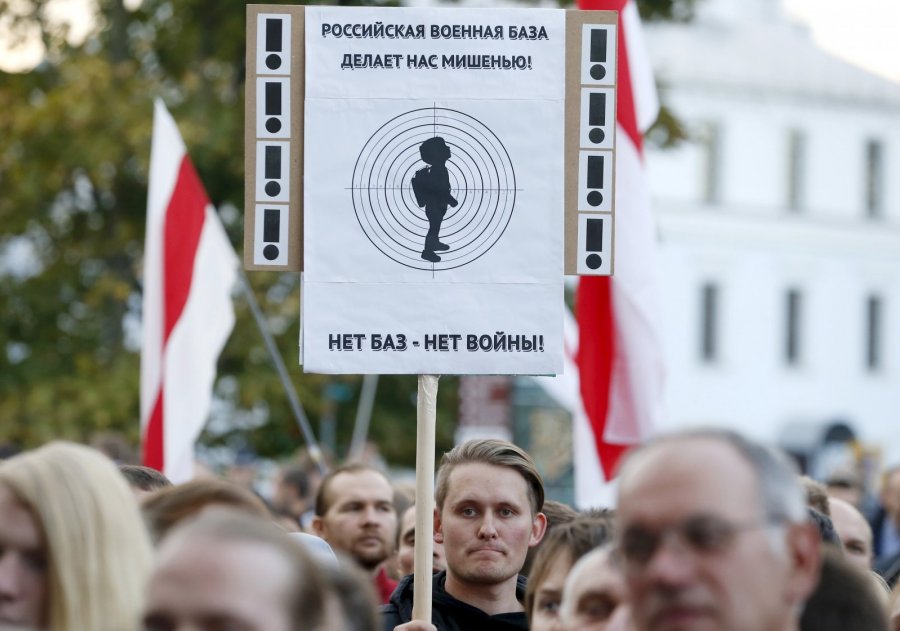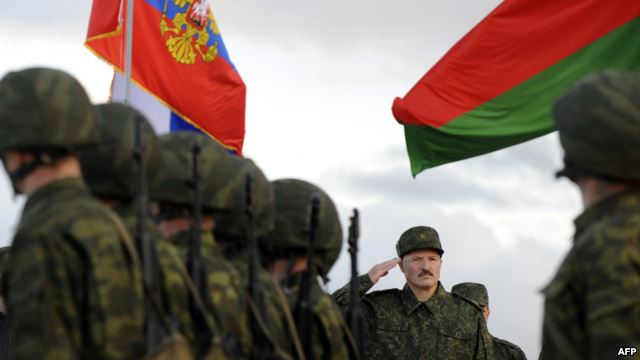- the Belarusian, which is being told that it must not move toward the West and
- the Russian, which is being reminded that Moscow may have to take action to prevent that from happening.
Trending Now
Related:
- Is there a Khrushchevian 'Crimea' in Belarus?
- West's failure to focus on Belarus protests creating a dangerous situation, Kirillova says
- 1.7 million people blacklisted from entering Russia and Belarus
- Angry Belarusian protests - 'prototype' for similar actions in Russia, Kalashnikov says
- Putin has as much to fear in Belarusian protests as Lukashenka does, Portnikov says
- Belarus now prime candidate for Russian invasion, and anti-Lukashenka protests may hasten it
- Putin may exploit disarray in Washington to launch attack on Belarus, Minsk experts say
- Belarusian authorities are helpless before information and psychological attacks from Russia





